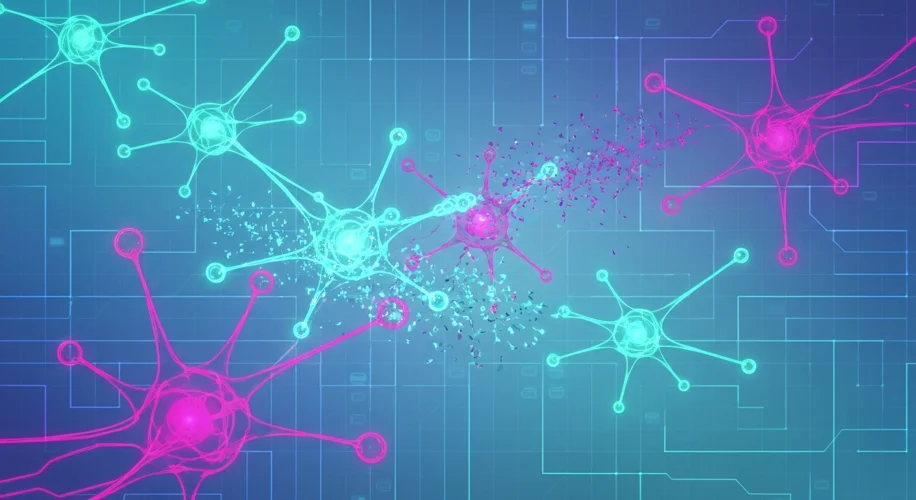It’s been an interesting week in the world of artificial intelligence. OpenAI, one of the big players in this rapidly evolving field, has made a significant move by releasing some of its models as open-source. From my perspective, having spent decades in the software industry, this kind of decision has ripple effects we’re only just beginning to understand.
Historically, cutting-edge AI models have been closely guarded secrets, developed by well-funded companies and researchers. Access was often limited, either through expensive APIs or by requiring substantial computational resources. This new open-source approach, however, signals a potential shift towards broader accessibility. What does this really mean?
For developers and researchers, it means they can now get their hands on powerful AI tools. They can study them, modify them, and build upon them without needing to recreate everything from scratch. This fosters innovation. Imagine a small startup or an academic lab, previously unable to afford or access these advanced models, now being able to experiment and contribute to AI development. It’s like giving more people the keys to a sophisticated workshop.
This democratization of AI technology raises important questions. On one hand, it can accelerate progress. When more minds can work with powerful tools, we might see faster breakthroughs in various fields, from medicine to climate science. It also means that the benefits of AI could potentially be distributed more widely, rather than being concentrated in the hands of a few large organizations.
However, it’s also important to acknowledge the flip side. With greater accessibility comes the responsibility to ensure these tools are used ethically. Open-sourcing advanced AI means they can be adapted by anyone, for any purpose. This brings to the forefront the discussions we need to have about AI safety, potential misuse, and the guardrails required to prevent negative consequences. We must ask ourselves: how do we balance innovation with responsible deployment?
During my career, I saw how open-source software fundamentally changed the tech landscape. It fueled incredible growth and collaboration. This move by OpenAI feels like a similar inflection point for AI. It has the potential to level the playing field, empower a new generation of innovators, and push the boundaries of what AI can achieve.
The key question now is how we, as a society, navigate this new terrain. It requires thoughtful consideration from developers, policymakers, and the public alike. Ensuring AI benefits everyone, while mitigating its risks, will be the defining challenge of this new era. It’s a complex puzzle, but one that promises to reshape our future.

